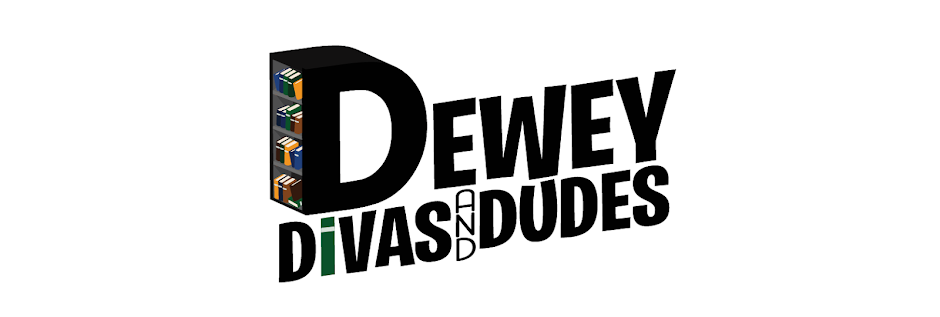
I don't read a lot of science fiction, but when a book describes a character as being the "bibliophile from hell", then my interest is immediately piqued. The setting is Moscow, two hundred years after a nuclear war, and the remaining people have to live with the "consequences" which are strange physical deformities. There are also Oldeners, whose consequence is never to die from old age. More importantly, they remember what the pre-Blast world was like, when people could read whatever they chose. In the present world, scribes like our main character Benedikt, copy out the writings of their leader Fyodor Kuzmich without really understanding what the poems and stories are all about (since he is passing off pre-Blast literature as his own). As Benedikt gets more curious about books and moves up in social status, the novel shows the flip side of obsessive and possessive reading. It's a strange and often creepy satire, containing equal and paradoxical portions of dark fairytale and humourous nightmare. Recommended also for those who enjoyed Ray Bradbury's Fahrenheit 451 or Margaret Atwood's Oryx and Crake.

No comments:
Post a Comment